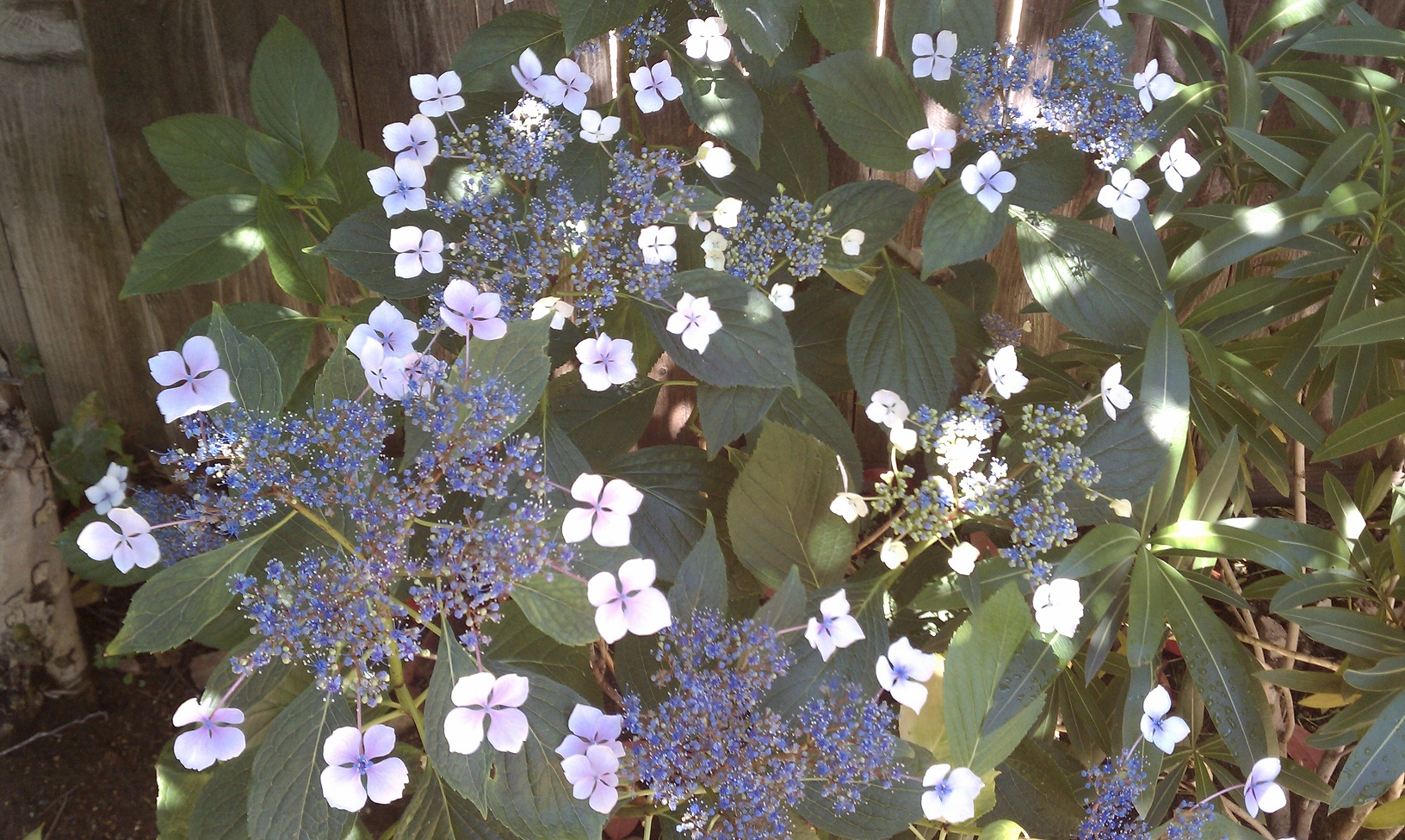Hydrangea Revolution via Twitter There is a weekly demonstration going on in Tokyo every Friday in front of the official residence of Prime Minister, to protest against the government's move to restart Oi Nuclear Power Plant.
In Tokyo, Thousands Protest the Restarting of a Nuclear Power Plant
According to my friend Satoshi Nakajima's blog, the movement has recently been given a name "Hydrangea Revolution" - quite an elegant name, right on the season. In a hydrangea flower, many little flowers gather in one place to form one big flower, thus this grassroots movement name.
Japanese people have been known for indifference to the political issues, and such "political demonstrations" are considered limited to the "professional extreme activists", far away from their "normal, everyday" life. But this time, the demonstrations include salary-men on their way home from work and home makers with small children.
The demonstrations have been shut out from the mass media until last week, when finally major TV news covered it, but the crowd is getting bigger every week, mainly due to the power of "social" - Twitter.
In my book "Secluded in Paradise" (2008), I argued that Japanese people would benefit more from such Internet/social tools than US/Western people in organizing such event to express their opinion publicly (I called it "clusterization"), because they have been shy to do so in other method in the past but Internet/social tool would lower the barrier, while our US/Western friends have already been doing it even without the help of Internet/social. Interesting to see it really happens, even in such a heavily political issue.




